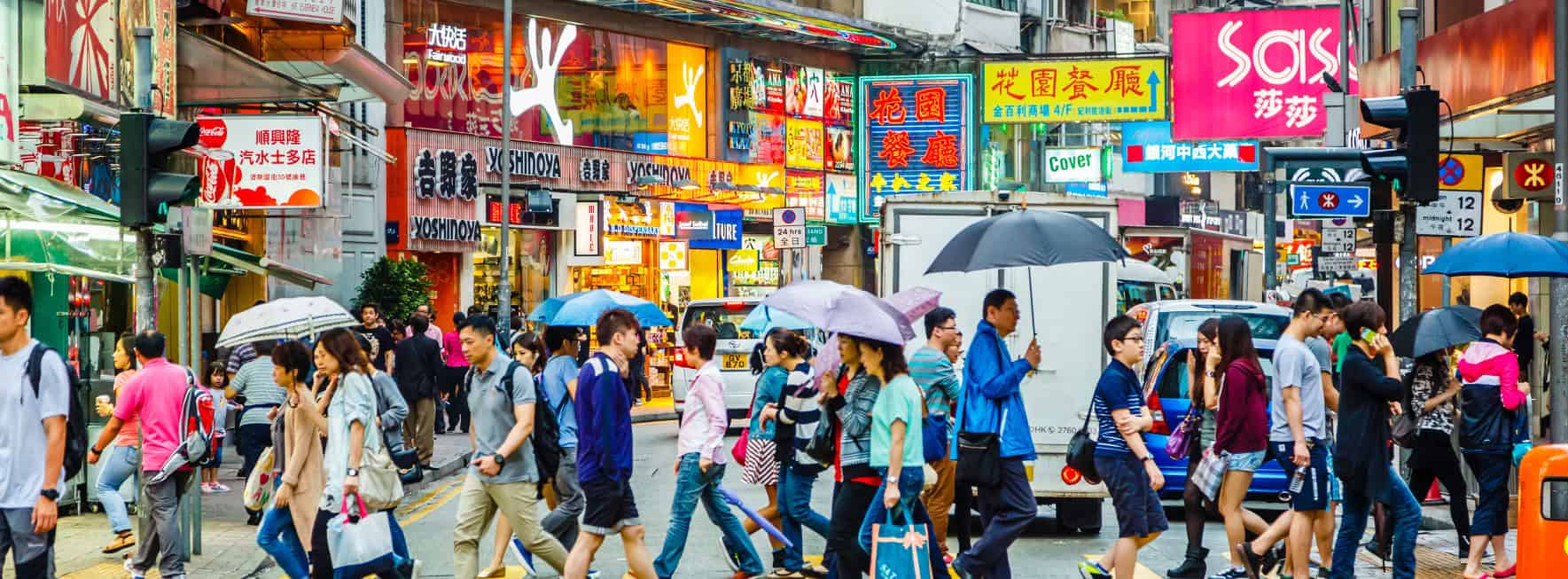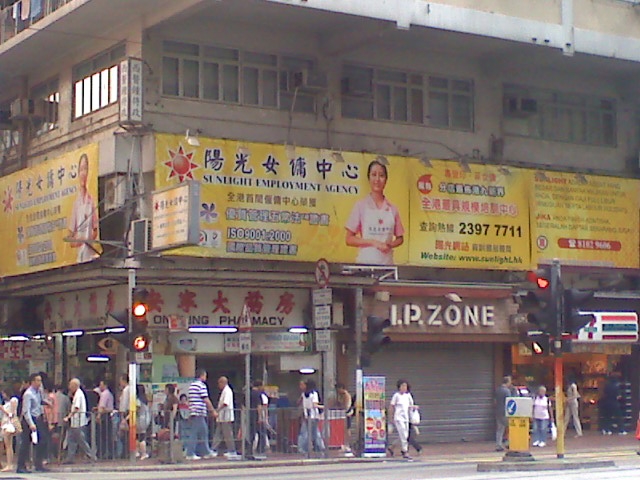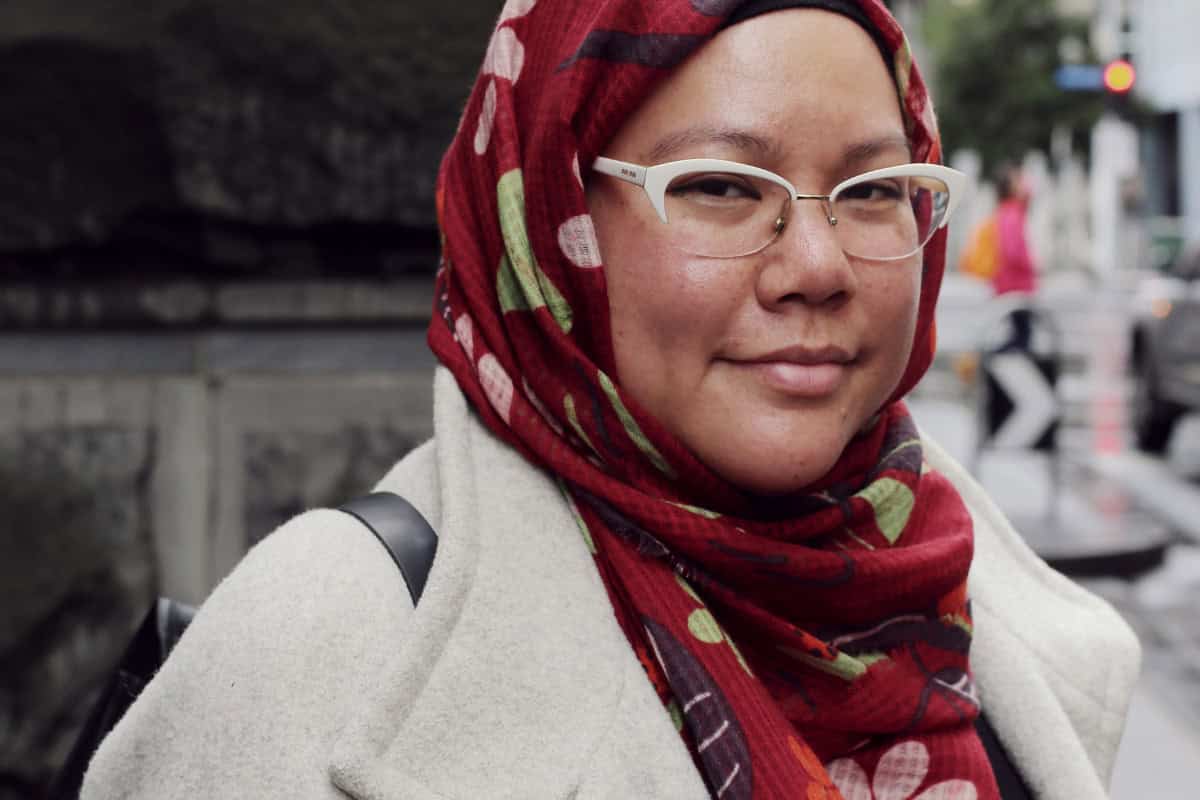
Fifty years ago President Ferdinand Marcos signed the labour code that sent Filipino workers all over the world as domestics workers, seafarers, construction workers, nurses (both male and female), caregivers, professionals in the IT and hospitality industries, to name a few. Today, 10 million or ten percent of the Philippine’s population are migrants.
Both popular culture and academic scholarship has focused on migrants primarily as disenfranchised labourers but their lives are more varied and diverse than the stereotypical figure of the exploited worker would suggest. My book, The Filipino Migration Experience: Global Agents of Change is a history of migration outside the sphere of labour written from the perspective of the migrants themselves using a ‘migrant archive’ of sources they have personally collected and produced. It shows that their impact and contributions go beyond the economic contributions from their remittances.

The half century of global travel means these migrants become agents of change in both their homeland and their host countries. They tinker with fundamental social institutions and challenge well-entrenched traditional norms while also altering the business, economic and cultural landscapes. Their impacts are creative, proactive, and self-aware.
By conceptualizing Filipino migrants as agents of change I show how they transform their households and communities as well as developing new notions of self-fulfilment. Equally, in recognising their financial roles as consumers, investors, and philanthropists, we see their power as agents of both social and economic change.
I also introduce the concept of migrants as historians of their own past. Migrants such as the Filipina/o/x American National Historical Society (FANHS) have compiled and created their own archives, the National Pinoy Archives in Seattle, and a museum in Stockton. FANHS’s 40 chapters run history conferences and heritage tours, and also publish their own memoirs and community histories. Activists use these community histories to demand a space in social memory. FANHS lobbied to make October ‘Filipino American history month’ to recognise Filipino contribution to United States history, and place markers in historic Filipino towns.
Juanita’s story

The profound changes migrants experience of living outside the Philippines are exemplified by Juanita’s story. After twenty years working as a nanny in Hong Kong Juanita returned to the Philippines for a holiday and was deeply disappointed with the cold reception she received from her children. She reflected on the change in her brief memoir:
“I hoped and dreamt that I will leave Hong Kong for good. And home, I went with all the expectations and I came to realize that to be lovingly welcomed by my family after twenty years of not being with them was an illusion. I thought my children would be happy to be with me. I dreamt of going out with them, playing with my grand-children, just doing things together as a family. I guess I spent too long in Hong Kong, I failed to realize that I really don’t know them at all. And they don’t know me at all, too. For them, I was just the mother that sent them their allowances without fail every month.”
Juanita’s account documented the pain she felt when her children failed to acknowledge her as anything more than a financial provider. Her daughter did not meet her at the airport and was too busy to spend time with her. She spent her holiday alone. Her children’s lack of affection contrasted with her Hong Kong ward who told her she was very welcome to return to Hong Kong because her cooking was much missed. In despair Juanita told her daughter:
“I came home to see my kids, I didn’t find them here! I went to Hong Kong to give you a future. I think you already had one. I am going back to Hong Kong so I will have one too!” I cried.”
Juanita’s story ended with her decision to return to Hong Kong to build an independent, personally meaningful life that included volunteering to assist migrants in distress. It was a difficult decision because she knew that it transgressed widely-held social expectations of ideal motherhood. Confiding to her best friend Mary she admitted: “I felt so guilty afterwards, but Mary assured me it was nobody’s fault. My children had found a life of their own without me. I need to find one, too.”
What is radical about Juanita’s story

Juanita’s story of alienation from her children is not unique. But, mixed with the hardship is an empowering decision to embark on a life of her own separate from her children and family. In pursuing her own individual dreams, unattached to the family, Juanita was making radical moves.
First, she rejected the normative ideal of motherhood as one of suffering martyrdom where meaning in life was produced only by providing for the wellbeing of offspring.
Second, Juanita redefined culturally constructed ideas of ‘family’ by choosing to focus her affection on her responsive Hong Kong ward, rather than attempting to win love and affection from her disengaged biological children. In so doing, Juanita rejected a notion of motherhood and maternal affect intrinsic to Filipino cultural constructions of the feminine.
Rejecting the role of ‘suffering mother’ (taken from the ideal of the Virgin Mary as Mater Dolorosa), was at the very least controversial, and at most a shocking act. Juanita challenged the connections between gender and motherhood and altered the definition of the family. In seeking personal fulfilment through community volunteering, she overcame years of geographical dissonance in which her work and life only became meaningful in another place—the Philippines.
Her work in Hong Kong was no longer only oriented to delivering improvements ‘over there’. Juanita’s independent life in Hong Kong was rid of the sojourner’s plague of temporality and dislocation in both affect and purpose.
Migrants as agents of change
The financial and emotional independence of migrants like Juanita have also provided wider opportunities for migrants to attain prestige as philanthropists. Migrants have been instrumental in funding scholarships for street children and free health care to the poorest through annual Medical Missions. Equally, their consumer power has produced myriad new business ventures in host countries as well as a real estate boom in the Philippines.
Tracking a half century of global migration through the voices of migrants themselves debunks dominant notions of labour migration experiences and brings to light stories of radical personal, social, and economic change.
While migrant workers still face plenty of hardship, they also are significant agents of transformation.



